How to Boost your Recovery following a Brain Injury.
Different Types of Brain Injury:
An Acquired Brain Injury (ABI) is an injury caused to the brain since birth. There are many possible causes, including a fall, a road accident, tumor and stroke.
Stroke – by recognizing the warning signs and taking action, you may be able to prevent a stroke or reduce its severity. It is important to be able to recognize the warning signs of stroke and get medical help as quickly as possible.
Brain tumor – symptoms depend on which part of the brain the tumor affects. Generally, a growing tumor and swelling brain tissue presses on the brain causing symptoms.
Hydrocephalus – the abnormal enlargement of the brain cavities (ventricles) is caused by a build-up of cerebrospinal fluid (CSF). Untreated, hydrocephalus can result in brain damage or death.
Multiple sclerosis – may lead to neuropsychological symptoms including memory loss, depression and cognitive (thought-related) difficulties.
Subdural haematomas – blood clots formed underneath one of the protective layers of the brain, usually occurring after a blow to the head. Symptoms can include severe headache, confusion, slurred speech and visual disturbances.
Aneurysm – an abnormal bulge in the wall of a blood vessel, such as an artery. Aneurysms most commonly develop along the aorta (the body's main blood vessel) and in blood vessels of the brain. If an aneurysm ruptures, death can occur in minutes.
Alcohol related brain impairment – problems caused by alcohol misuse are together called alcohol related brain impairment (ARBI). A person with ARBI might experience problems with memory, thinking-related abilities and physical coordination.
Parkinson’s disease – a progressive, degenerative neurological condition that affects a person’s control of their body movements. It is not contagious and not fatal. Read more about Parkinson’s disease.
Coma – occurs when there is a serious problem with the brain’s arousal system, or with its communications between other brain areas and the brain’s activity becomes impaired.

Traumatic brain injury (TBI) is an injury to the brain caused by a trauma to the head (head injury). There are many possible causes, including road traffic accidents, assaults, falls and accidents at home or at work. The effects of a traumatic brain injury on an individual depends on a number of factors such as the type, location and severity of injury. Symptoms can be wide-ranging, from physical effects such as balance problems, headaches and dizziness to cognitive, emotional and behavioural effects such as memory problems, fatigue and anger.
Treatments:
Hyperbaric Oxygen Therapy (HBOT)

HBOT is a treatment involving breathing pure oxygen in a pressurized environment. I have yet to try this type of therapy, but I want to.
Meditation
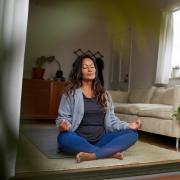
Meditation is a mental training and breathing practice that teaches you to slow down racing thoughts, let go of negativity, and calm both your mind and body. This is extremely important, because following a Brain Injury, you forget, or at least I did, the very basic body functions such as remembering to breath. As you forget to breath, your muscles tighten up, making basic movements even more difficult. Also when I was learning to walk again, I would have to say out loud RIGHT, LEFT, CANE, to remind myself what to move next, in sequence. Once while doing this I lost track of what foot to move next, so I asked Jane, she simply said, try moving the one behind. We both cracked up laughing.
Yoga
Yoga is a mind and body practice. There are many styles of yoga that combine poses, breathing techniques, and sometimes meditation. Again, I have not tried this but believe that it could prove to be quite effective and beneficial.
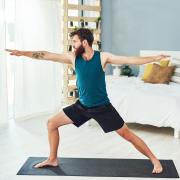
Cognitive Behavioral Therapy (CBT)
CBT can help you to think differently about your experiences and your relationships, with the goal of making some positive changes in your life. There are two tigers living inside of you, one feeds on Positivity, one feeds on Negativity. Which one grows the largest and dominates, depends on you. I consciously try and feed the Positive Tiger everyday. It's a choice we all have to make each and every day. Don't compare yourself to anyone around you. Comparison, is the killer of JOY.
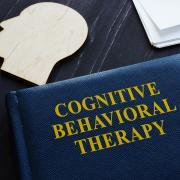
Memory Strategy Training
Memory strategy training is a kind of cognitive rehabilitation that can help you remember important things. Personally, my journey started with 24 piece children's puzzles, word search puzzles and Luminosity. I would train for hours everyday, when I was released from Outpatient Therapy. At first the puzzles would take me 2-3 hours to complete. Once I could consistently complete them in under 5 minutes, I would put them together upside down and sideways. Once I got that down to 5 minutes, I went to 48 piece puzzles, then to 96 piece. Same drill, day after day.
When I first came home from Rehab, I did not know how to turn on my computer, or how to operate it, save files, find files, etc. I found this extremely frustrating, because I had spent 30 years in Business Pre Stroke, and now I couldn't even do the basic functions, such as turning on my computer.
Needless to say, I started out at Ground Zero.
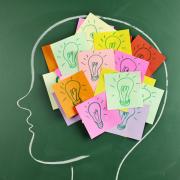
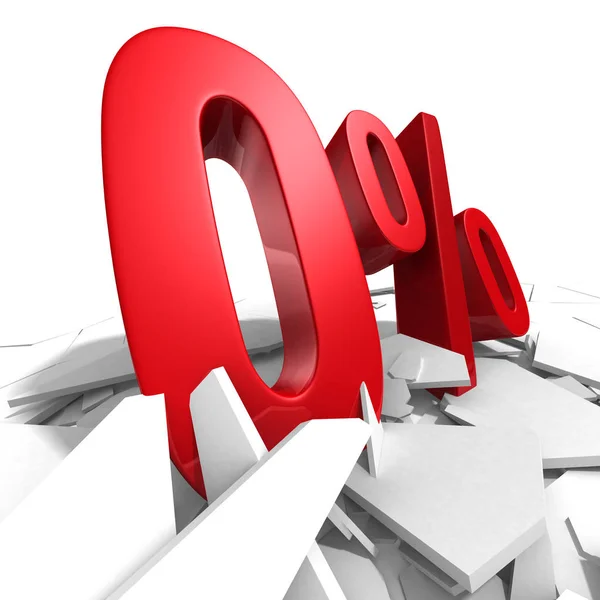

Social Skills Training
Social skills is a broad term that includes understanding what is expected of you in different social interactions. For me, in the beginning, I found that social gatherings where there were multiple conversations happening at the same time, very exhausting, however with practice and exposure it is much better now.

Virtual Reality Exposure Therapy (VRET)
Virtual reality exposure therapy (VRET) is a form of exposure therapy that uses technology. Personally, I have not tried this, but I would encourage you to, if given the opportunity.

Adaptive Sports
Adaptive sports often run parallel to typical sports and are adapted for people with disabilities. II have purchased the Adaptive RexFly Casting System for One Handed Fly Fishing, and plan on getting back to Fly Fishing in the summer of 2022 in my home province of Newfoundland. Another goal, that I intend to accomplish. I will also be wearing my SaeboStep, to help with my Foot Drop
Where there is a will, there is a way!!
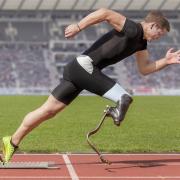
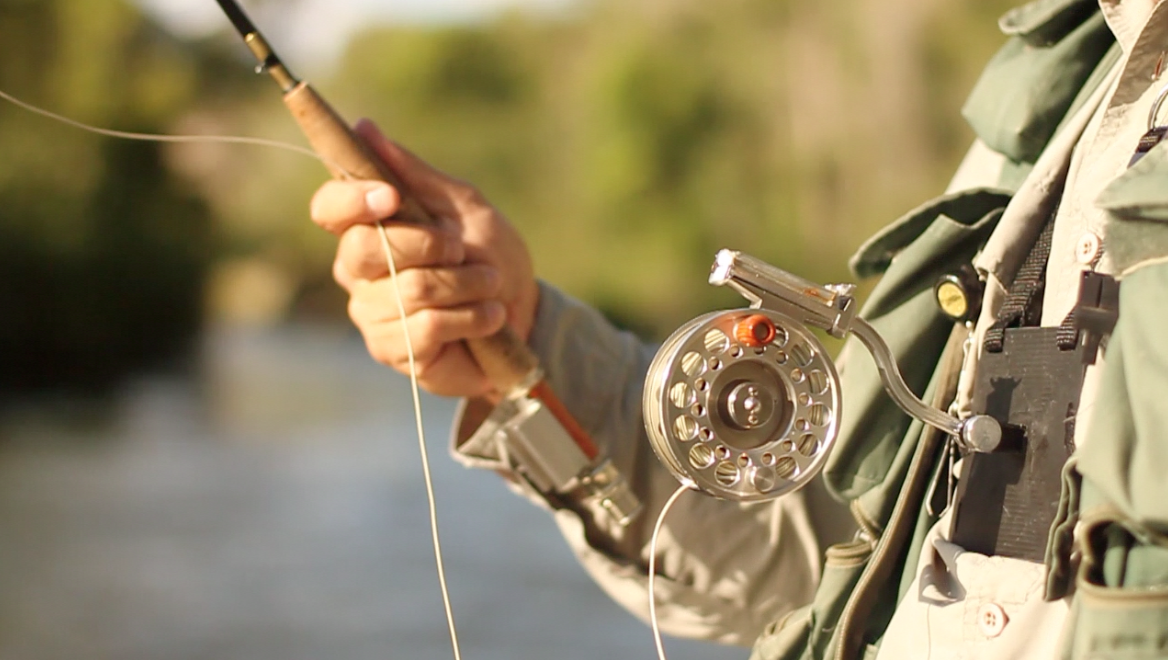
SaeboStep for Foot Drop


Myself, 15 years ago, Pre-Stroke, with my nephew.
This summer hopefully, he will take me fishing!!
My friends and I, Goose hunting 3 months before my Strokes

My next goal is to get back Goose / Duck Hunting, hopefully by Fall 2025.
I just have to figure out how to hold and swing the shotgun.
Myself, next to the dog, one year Pre-Stroke


Medications
Medications are substances recommended by a doctor to help you deal with symptoms of PTSD, TBI, Seizures or all three. I still take 5, 500mg of Kepra (Anti Seizure Medication) everyday.
Occupational Therapy
Guidance from an OT, along with targeted practice, will build new neural pathways, helping you build skills until you become more adept again. My OT, at Toronto Rehab, gave me strategies that I still use today.
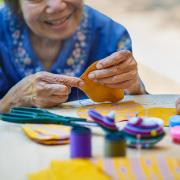
Physical Therapy (PT)
Physical therapy involves working with a physical therapist to regain physical abilities you may have lost as a result of your injury. I had a Physical Therapist design a home exercise program for me, that I have added to as I have improved. But the baseline and exercise program that he provided for me in the beginning was crucial, and was a huge factor in my continued recovery.
Speech Therapy
Recover or learn to compensate for the communication challenges your brain injury may have caused. Talking was never a problem for me, but understanding what I was saying always was. I have now since learned to slow down as I speak, paying careful attention to annunciating the words, which actually exercises the facial muscles.
In the beginning, I found that words did not come easy for me when trying to explain something. It was like the word was on a wheel, spinning in my head, if it stopped in the correct place, I could get it. Sounds weird, but that was how it was for me. Don't get frustrated. If I am unsure if the word is correct, or used in the right context, I will ask someone, who understands my condition, usually a family member. If it is wrong, I try again.
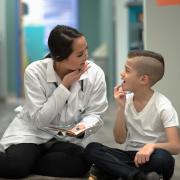
DEVICES, TO HELP BOOST YOUR RECOVERY, AS YOU PROGRESS
Surprisingly enough, there are many devices out there, that can really boost your recovery, without emptying your Bank Account. Here are a couple tips on what to look for.
There are no magic pills that will instantly heal you, let's get that straight. That is a Red Flag, stay away from that. Healing comes from hard work and repetition. You are trying to retrain your brain. So look for a device sold by a reputable company who offer:
1. Risk Free Trial: This will allow you to try the device, following the company instructions, and see if this is something that you can and will use to help you retrain your brain.
2. Product Instructional Videos: These videos should be easily accessible at your leisure.
3. Payment options: Reputable companies will give you several different payment options, and even let you have equal interest free payments.
4. Product Warranty: Always ask the question, What if something happens, what is your Return Policy?
5. Check Customer Reviews: Plus always share your experience online, good or bad, to help the next person.
All content provided on this blog is for informational purposes only and is not intended to be a substitute for professional medical advice, diagnosis, or treatment. Always seek the advice of your physician or other qualified health providers with any questions you may have regarding a medical condition. If you think you may have a medical emergency, call your doctor or 911 immediately. Reliance on any information provided by the JGH Rehab website is solely at your own risk.
